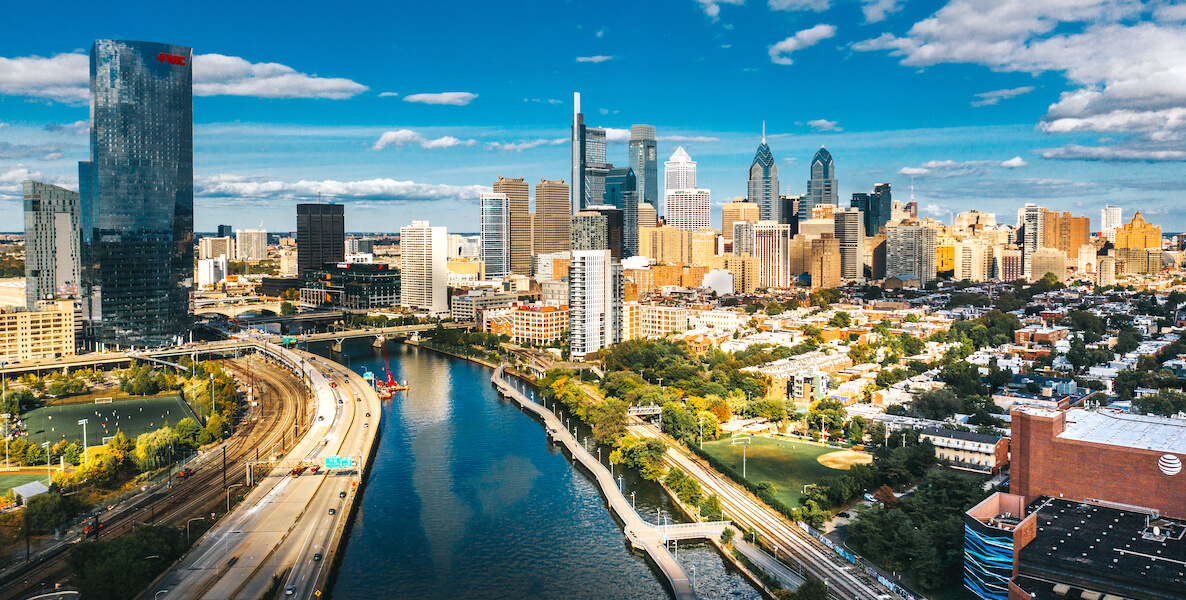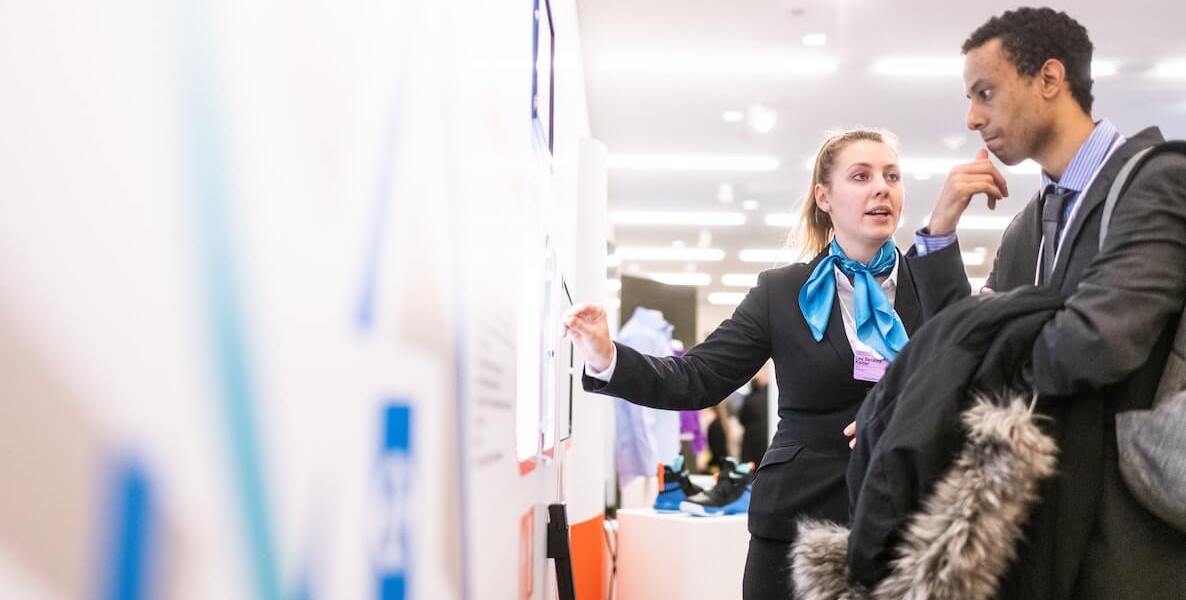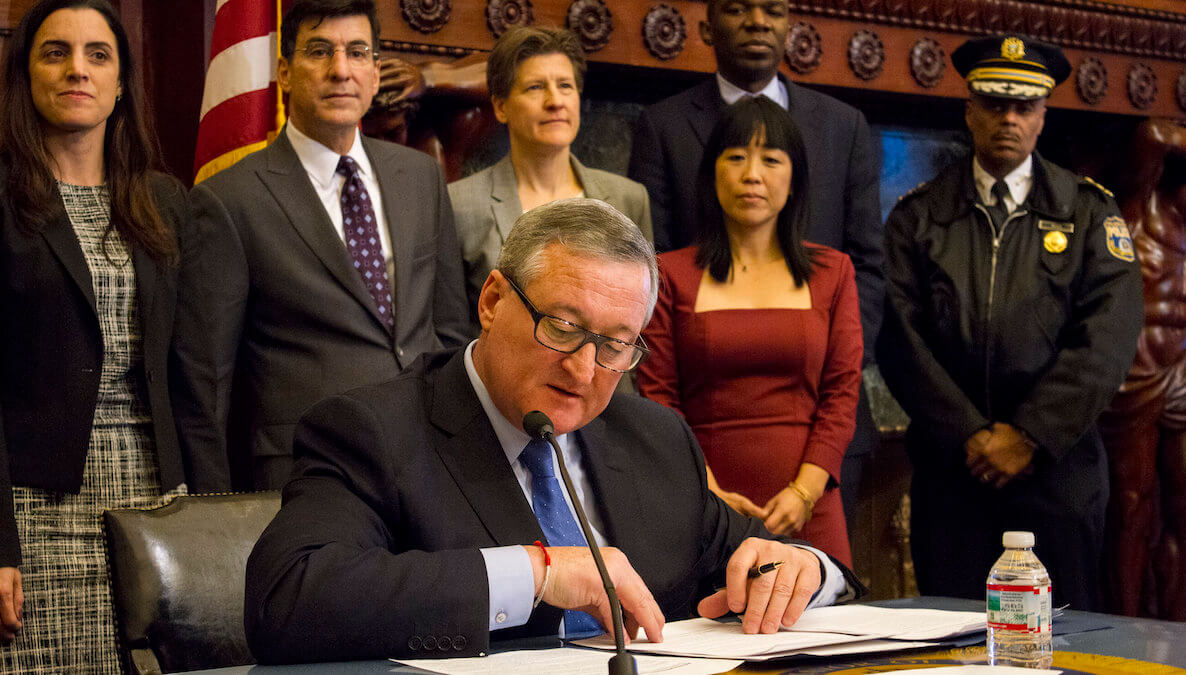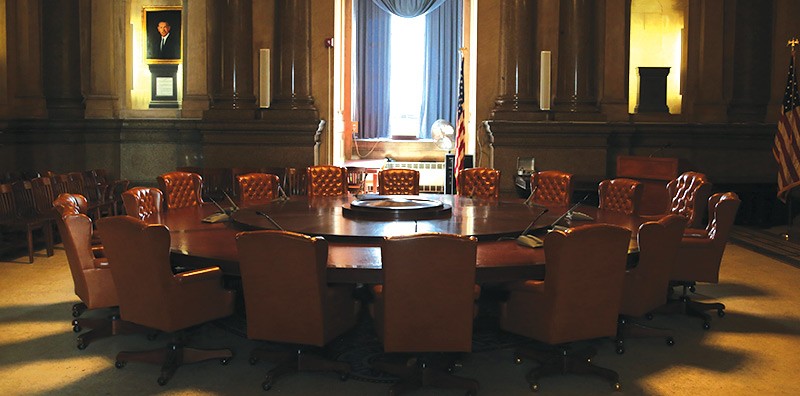Are you at the kitchen table looking at the budget and setting financial goals?
Join the club.
2020 challenged and forced a hard stop. It called for an examination of basic questions: What do we actually need? What is the best way to get it? How much does it cost?
Without the pandemic, there would be no urgent examination of what we really need to be healthy, safe, sane and more resilient. Losing my job and good income was not fun, but I count myself lucky to have only a single major hardship in 2020. I was fortunate to be able to take a breath and ask: What do I want? What is the best way to get it? What will it cost me in time, energy, money?
In a well-documented labor force trend associated with the future of work, I joined a record-breaking 4 million people across the U.S, and became a solopreneur. 2020 unleashed historic creative destruction, and was also the year many people took advantage of unemployment or remote work to imagine what else is possible for their livelihoods.
There is a chance to chart proven strategic pathways to a future where more people will enjoy a better quality of life in 2030 than they do today. But not if we keep doing the same things the same way.
This is a privilege many unskilled gig workers simply do not have and another example of racial, gender and socio-economic disparities associated with future-of-work trends. Like the pandemic, rapid technological adoption will affect people in widely disparate ways.
The World Economic Forum, MIT Work of the Future, and Brookings Institute all ring the alarm of growing income inequality. But, as the pandemic proved, elite researchers ringing alarms is not enough.
Local leaders need to act and implement change. City Hall must hear the alarms and prepare now. One of the best ways to do this is through a budget re-set focused on the future.
![]() Covid-19 wreaked havoc on City finances, and cost-cutting in Fiscal Year 2022 is going to be ugly. There is a once-in-a-lifetime opportunity for City Hall to reign in mission creep and start to relentlessly execute on clearly articulated and well-informed mid- to long-term goals.
Covid-19 wreaked havoc on City finances, and cost-cutting in Fiscal Year 2022 is going to be ugly. There is a once-in-a-lifetime opportunity for City Hall to reign in mission creep and start to relentlessly execute on clearly articulated and well-informed mid- to long-term goals.
The budget wrestling match between City Council and the mayor’s team begins in early 2021. I believe it is, without exaggeration, the most important budget address of Mayor Kenney’s tenure.
Mayor Kenney could seize a legacy-building opportunity with his February budget address by delivering on a 2015 campaign promise: zero-based budgeting.
That means asking each unit and city department: What does the local government need to do? What is it most capable of doing? Given new technology, what is the best way to do it? And what will it cost? That exercise can prove transformational.
In Montgomery County in 2011, for example, county commissioners used zero-based budgeting to rein in a $10 million budget hole.
Within a year, the county had a balanced budget with no new taxes, increased pension funding, grew the county’s reserves for the first time in four years, and eliminated all earmarks. Within five years, the county had a $1.6 million surplus and spending was down 10 percent—all while investments in human services, education and public safety went up.
Yes, Montgomery County has a wealthier population and fewer poor people. But aren’t our urban challenges all the more reason to know the purpose of every public dollar in the city budget?
For too long, each mayor has come into power and planted new initiatives and programs without pruning old ones or uprooting dying and redundant ones. For too long, City Council has funded pet projects (and hires) without regard for effectiveness or tracking success metrics. Budget hearings are increasingly theater performances conducted for press and favorite or noisy constituencies.
Zero-based budgeting is much more than cost-cutting. It is an opportunity to realistically re-evaluate purpose, identify redundancies, and modernize methods of core service delivery.
The FY21 budget was adjusted in May without a full understanding of long-term economic scars from the pandemic. Now, we have a fuller picture of the hit to city revenue and jobs.
The budget wrestling match between City Council and the Mayor’s team begins in early 2021. I believe it is, without exaggeration, the most important budget address of Mayor Kenney’s tenure.
It’s an opportunity for City Council and the mayor to plan for a better future and make changes not thought possible under normal circumstances. When revenues do rebound, what plan for the horizon will shape how they are spent? Now is the time to answer this question.
And of course, the FY22 budget needs to heed the 2020 warning: Racial disparities cannot continue without risking social cohesion and trust in democracy.
Racial equity is an essential element for future-proofing and public sector spending should align accordingly. The City has direct control over the following. Each step could improve the City’s innovation environment:
- Create more inviting public spaces with high-speed internet indoors and out in underserved areas. Well-designed, dignified and safe public space can facilitate lifelong learning, creative connections and community resilience. Libraries still insist people are quiet or silent. Rec centers are made of cinderblocks and fluorescent lights. We need an upgrade aligned with the future.
- Commit to increasing the per capita investment into effective local programs to promote minority business. Philadelphia spends $0.59 per capita, a bottom of the barrel amount relative to other cities, as reported by Center City District.
- Adopt a customer service mindset for city services. Streamline, modernize and automate processes so residents and businesses can easily interact to do what they need to do. This could also improve our Doing Business North America score, which currently puts us at 71st of 130 North American cities.
- Stay on the imposed diet from the backward facing wage tax. Now that work from home trends are locking in, the City needs to let go of it’s #1 in the nation spot for wage taxes. Chart an aggressive course of reductions in the future so more businesses start here and stay as they grow and low-earning essential workers get a break.
Government alone will not be able to prepare for everything. For this reason, the Future Works Alliance PHL launched in November with a great advisory board.
![]() Our goal is to create a shared civic space for citizens, employers and public sector leaders to work together on future of work challenges and opportunities. We will bring new approaches to strategic collaboration and tactical problem-solving. We will embrace emerging technology. Our goal is to reach 76 founding members in early 2021. We have more than 40 now.
Our goal is to create a shared civic space for citizens, employers and public sector leaders to work together on future of work challenges and opportunities. We will bring new approaches to strategic collaboration and tactical problem-solving. We will embrace emerging technology. Our goal is to reach 76 founding members in early 2021. We have more than 40 now.
As futurist Peter Diamandis says, we are living in a remarkable time, on the beginning of an exponential curve of technological advancement and abundance. People will have unprecedented ability to solve problems.
Attachments to the old mindsets and methods are a major civic barrier here. There is a chance to chart proven strategic pathways to a future where more people will enjoy a better quality of life in 2030 than they do today. But not if we keep doing the same things the same way.
Anne Gemmell is the founder of Future Works Strategy, a consulting business focused on future-proofing. She is the former director of Special Initiatives in the City of Philadelphia Office of Workforce Development, where she was responsible for creating strategic plans focusing on emerging technologies, their effects on talent pipelines and actions for “future-proofing” our local economy. A longtime policy strategist, she also worked with the Kenney administration on the equitable design, advocacy and successful funding of the PHL PreK program.
Header photo by Jared Piper / Philly City Council










